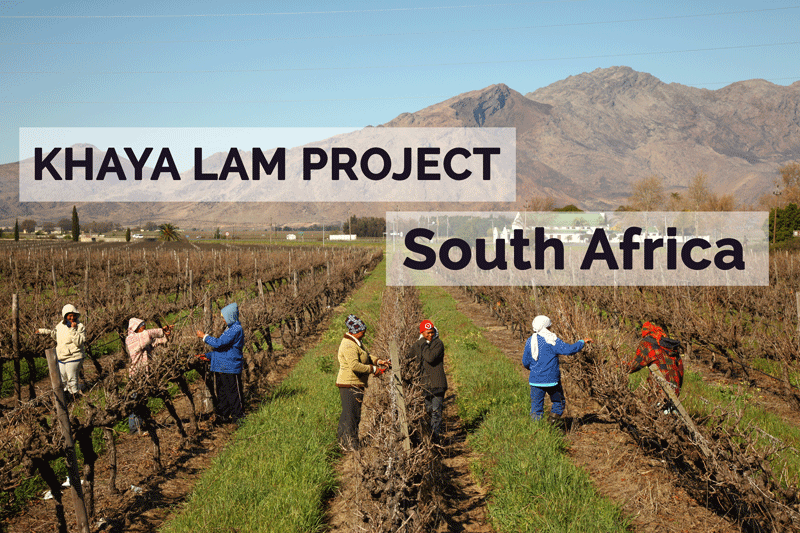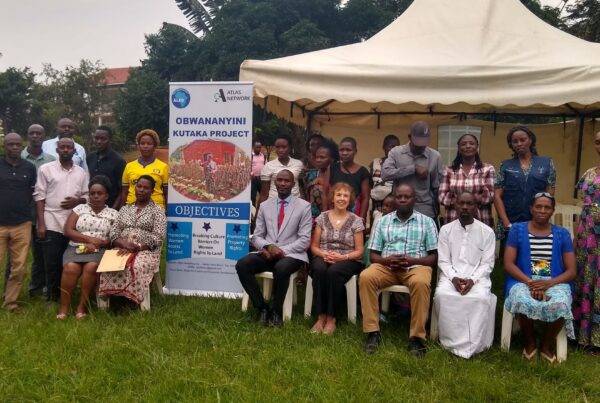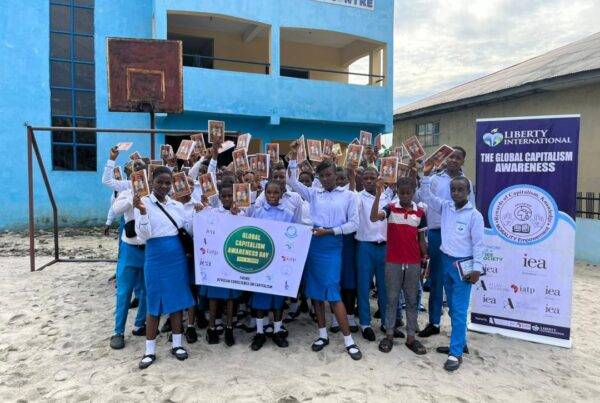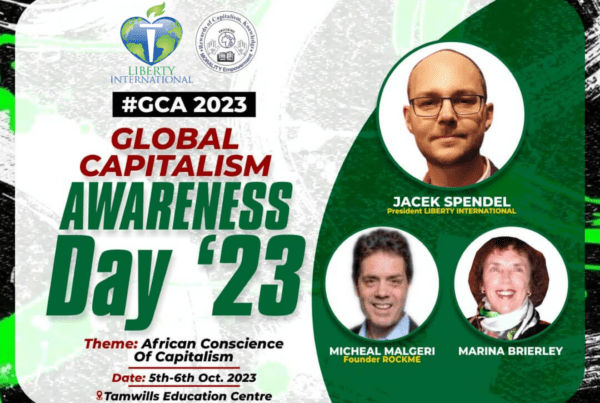One hundred years after the 1913 Native Land Act was passed in South Africa, the first fully tradable title deeds were released to black home owners in the Ngwathe municipality in the Free State province. Initiated in 2010, the Free Market Foundation’s (FMF) Khaya Lam (my house) project serves to convert land currently held under a complex variety of restrictive tenures and titles to unambiguous, freely tradable ownership.
Secure property rights represent one of the most important requirements for the protection of both economic freedom and civil liberties. The Ngwathe municipality prides itself on the extent to which it has implemented land transformation for black South Africans. Virtually all black-occupied land has been properly surveyed, included in town planning schemes, proclaimed, and registered in the deeds registry. The objective of the ambitious but achievable project is to have all lawfully held plots in South Africa upgraded to unambiguous, tradable and mortgageable ownership at no cost to the lawful residents
In consultation with the FMF, the Ngwathe municipality has resolved to become the first urban area in South Africa where all land is privately held under full freehold title on the basis of complete equality between whites and blacks. The project is truly historic and has the potential to be the first ever large-scale substantive project to undo the land disempowerment of apartheid that is still endured by millions of South Africans. It will set a precedent for reform of its kind to continue in South Africa, in other developing countries, and perhaps even in developed countries. Most of all, it will unlock the economic potential of thousands of householders, opening the door for large-scale economic growth and liberating millions of individuals in the process.
Hernando de Soto, said in his internationally best-selling book, The Mystery of Capital, that throughout the world, the poor may have wealth in the land but it is “dead capital”. Because it is encumbered, it cannot be used as collateral to raise capital for expanding their home or funding a start-up business. Worse, it can lock people into unemployment, because they are unable to move to where employment is available without losing their house. The FMFs Khaya Lam project aims to turn capital that has been “dead” since 1913 into “dynamic capital” by empowering individuals with a valuable asset – full unambiguous title to the home that they live in.
Black South Africans will finally be treated as equals and will be able to occupy their land indefinitely, or for as many years as they please, without fear of losing their property or being forced to endure homelessness if they should choose to move elsewhere. Blacks, at last, will be trusted as emancipated citizens in a democracy based on freedom and be afforded the dignity to sell, let, or mortgage the land they own. Leon Louw, executive director of the FMF states, “It is hard to think of a single idea that would boost South Arica more than this project – the unleashing of the wealth in land into the hands of the people, and, through them, into the economy at large.”
The idea that blacks may not be trusted with full unambiguous ownership empowering them to buy, sell, let, hire, mortgage and develop their land, has become so deeply ingrained in South Africa that it has until today been taken for granted. It is so deeply entrenched that our law does not allow for speedy and affordable conversion of black-occupied land to full freehold ownership. All of the legal, administrative, attitudinal and historical challenges have been confronted in this historic Ngwathe initiative.
Home ownership is key to wealth creation and economic empowerment; it is only through tradable title deeds that home owners can reap the benefits of legally owning and occupying their homes. The FMFs Khaya Lam project is a significant step towards unleashing the dead capital accumulated under apartheid, but most importantly it’s a truly liberating action that sweeps away one of the last major vestiges of the iniquitous apartheid system – the prohibition upon the ownership of land by black South Africans.
Click here to learn more about the project or to contribute to the cause.




